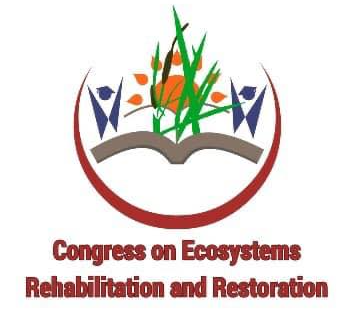Projects
What Do We Do?
Townships, semi-urban areas, and informal settlements have long been marginalized in conservation. The magnitude of degradation in these areas continues to impact valuable ecosystems which could result in biodiversity and resource loss if not addressed.
Ecosystems have been pushed beyond limits to accommodate the rapid human population increase, which accelerates the per capita demand and various land use activities. These impacts result in environmental issues such as land degradation, biodiversity loss, and global climate change which poses threats to ecosystems and their functioning.
Our co-function is working with communities in townships, semi-urban areas and informal settlements which are seedbanks for invasive alien plants and storage for water pollutants. We do this by mapping various ecosystems in these areas, investigating the health status, and prioritization.
Amandawe wetland
The Amandawe project has grown since 2017. There have been three alien plant removal interventions, and the densities of species such as Tithonia diversifolia, Chromolaena odorata, Parthenium hysterophorus, Melia azedarach, etc. have reduced drastically.
The Organization managed to conduct environmental awareness Amandawe Primary School. In 2019, site inspection and the third intervention were conducted as follow-up phases.
The water in the wetland started resurfacing and communities restarted their community gardens, using the water from the wetland to water their crops.
The work at Amandawe still continues.
Mangosuthu University of Technology (MUT) river stream
The project started in 2019 with the aim of implementing similar interventions as the Amandawe project. The river stream that runs through MUT and the numerous indigenous plants make the MUT ecosystem valuable for local environment.
The project will enhance the survival of indigenous flora and fauna. Management interventions include clearing of invasives alien plants, combating soil erosion, waste removal, etc.
Greening schools
This is a new addition to the organization. Schools around Umlazi will be supported to green their ecosystems and their surrounding areas.
This will improve their ecosystems and wellbeing.
SUCCESS STORIES
- The ERR hosted the 1st, 2nd, and 3rd Congress on Ecosystems Rehabilitation and Restoration in 2018, 2019, and 2021 respectively.
- The 3rd CERR was held virtually for the very first time and was a great success.
- Through collaboration with various stakeholders, the CERR has grown and is now an international conference (ICERR).
- The ERR received the Distinguished Community Engagement Award at the Community Engagement Vice Chancellor’s Awards in 2021.
- The project provides Work Integrated Learning (WIL) for Nature Conservation students who were unable to obtain WIL at conservation organizations. Since the inception of the project, we have provided WIL opportunities to 8 students who have successfully graduated with their Diploma in Nature Conservation and Office Technology.
- The ERR has provided mentorship to over 50 students in the Department of Nature Conservation and Office Technology and has graduated two Advanced Diploma students in the Department of Nature Conservation.
- Establishing a relationship with various stakeholders.
Awareness Campaigns
Training
Rehabilitation and Restoration
Mapping and Mentorship
Quick Links
Contact us
International Congress on Ecosystems Rehabilitation and Restoration (ICERR)
Department of Nature Conservation, Faculty of Natural Sciences
Mangosuthu University of Technology
511 Griffiths Mxenge Highway, Umlazi, 4031
Email: ecosystems@mut.ac.za
Tel: +2731 819 7670
All Rights Reserved | Congress on Ecosystems Rehabilitation and Restoration | Privacy Policy



